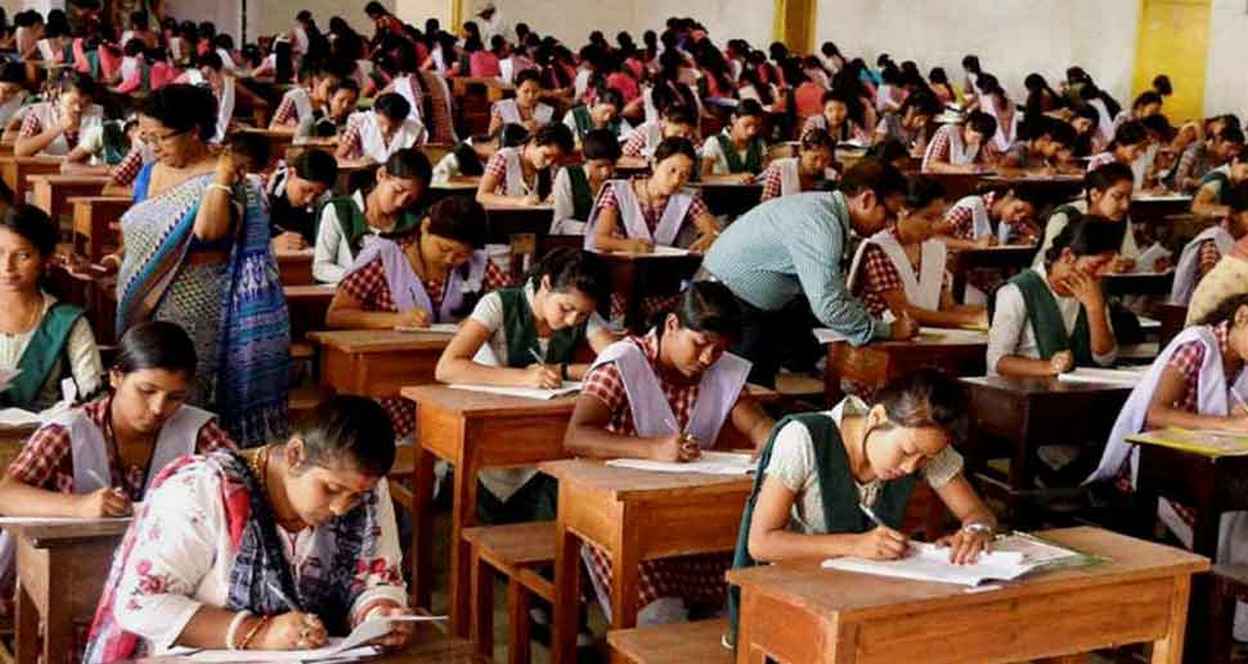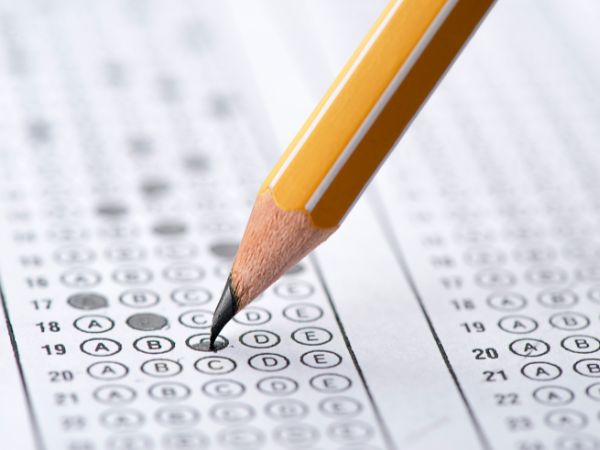Challenge to All India Bar Exams: Judgement Summary
Challenge to the All India Bar ExamsJudges: S.K. Kaul J, Sanjiv Khanna CJI, A.S. Oka J, Vikram Nath J, J.K. Maheshwari J
On February 10th, 2023 the Supreme Court upheld the Bar Council of India’s (BCI) power to conduct the All India Bar Examination (AIBE). Passing the examination is a prerequisite for any lawyer who wishes to practice litigation and argue in court.
Background
In 1973 Parliament amended the Advocates Act, 1961. Law graduates no longer had to train for a year with a senior lawyer before writing the exam to enroll with the Bar. The Amendment also deleted the provisions giving State Bar Councils the power to frame rules regarding training and the examination.
This status quo lasted for two decades until the Bar Council of India introduced the Bar Council of India (Training) Rules, 1995. The 1995 Rules reintroduced the apprenticeship and examination requirements. However, the 1995 Rules were struck down by the Supreme Court four years later in V. Sudeer v Bar Council of India (1999), stating that these requirements could not be reintroduced after they were specifically removed by the 1973 Amendment.
In 2009, the Supreme Court was dealing with a dispute between the BCI and Bonnie Foi Law College. During the case, the Court noted the diminishing standards in legal education and appointed a 3-member committee to assess the situation and submit a report with suggestions. The committee comprising then Solicitor General M.N. Krishnamani, Supreme Court Bar Association President S.N.P Sinha and Senior Advocate Gopal Subramaniam suggested introducing a bar examination and reinstating the apprenticeship requirement.
Following the report, the first All India Bar Examination (AIBE) was set to be conducted by the BCI in 2010 with the Court directing the Union and all other concerned institutions to fully cooperate with the BCI.
Multiple petitions were filed challenging the AIBE. In 2016 the Supreme Court referred these challenges to a 5-Judge Constitution Bench to decide if the BCI could mandate pre-enrollment training and examination under the Advocates Act, 1961.
BCI Has Wide Powers Under the Advocates Act, 1961
The Court greatly relied upon the submissions of Senior Advocate K.V. Vishwanathan who was appointed as Amicus to assist the Court in this case (Amicus note can be found in two parts – here and here). Drawing from his submissions, the Court noted that the Advocates Act, 1961 gives the BCI wide authority to control the professional standards for lawyers seeking to join the profession. Section 49 in particular gives the BCI the power to create rules under the Act to discharge their functions, which includes conducting the AIBE.
Justice S.K. Kaul, authoring the unanimous Judgement, held that the Court in V. Sudeer (1999) incorrectly ousted the BCI from the pre-enrollment process. The BCI’s powers are unaffected by the 1973 Amendment as it solely deals with the powers of State Bar Councils.
Minor Suggestions to Ensure Efficiency and Equitability in All India Bar Examination (AIBE)
The Court, while acknowledging the BCI’s authority in deciding how and when the AIBE should be conducted, provided some minor suggestions based on concerns raised by the Amicus.
- A strict schedule must be followed for the AIBE.
- Final year law students should be allowed to write the AIBE before graduating.
- Law graduates should be allowed to perform all functions of a lawyer, aside from arguing in Court, before their enrolment.
- Norms should be specified for people who wish to enrol and practice after pursuing a non-legal career.
- Reasonable and standardised fees for enrollment in all States should be ensured.


